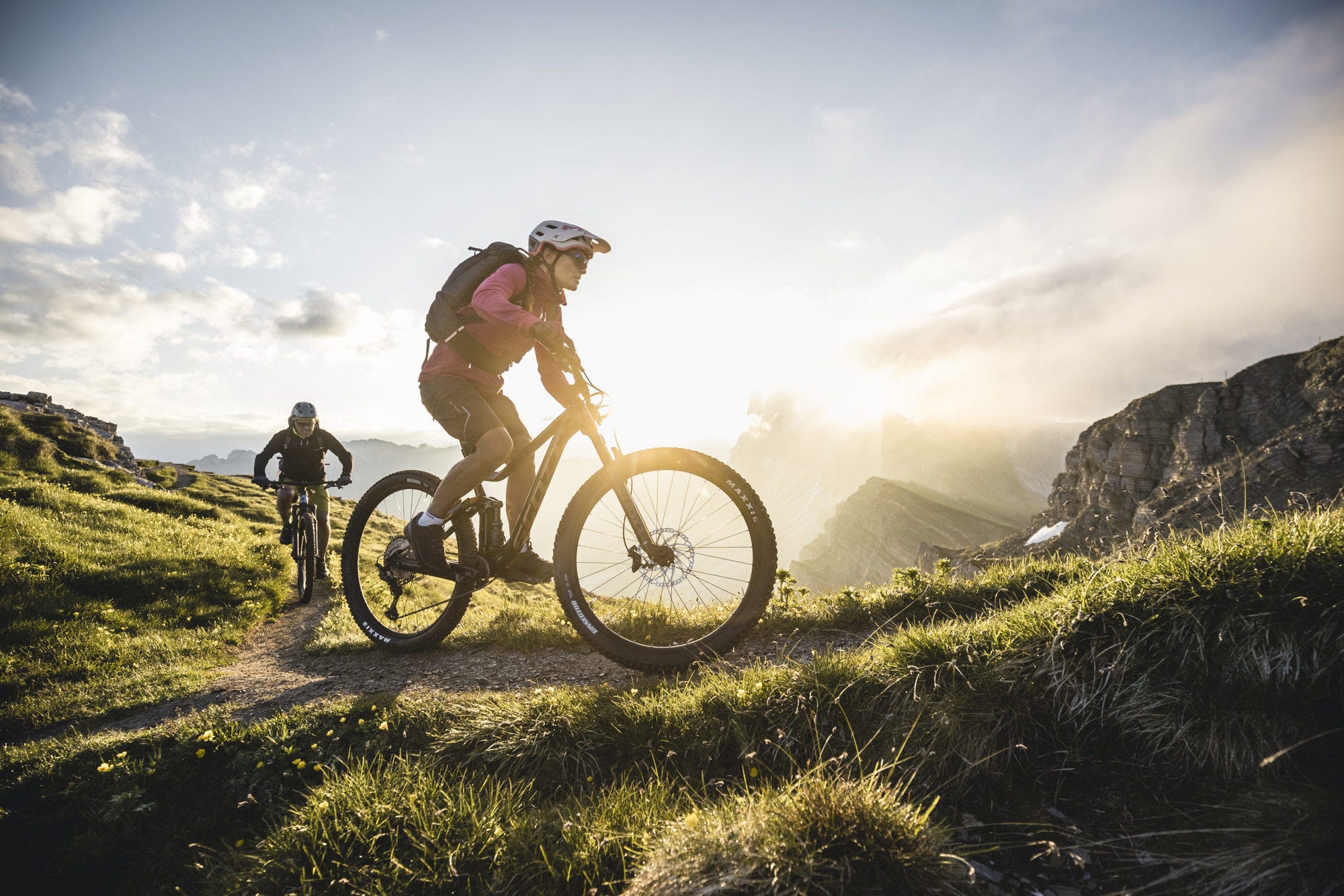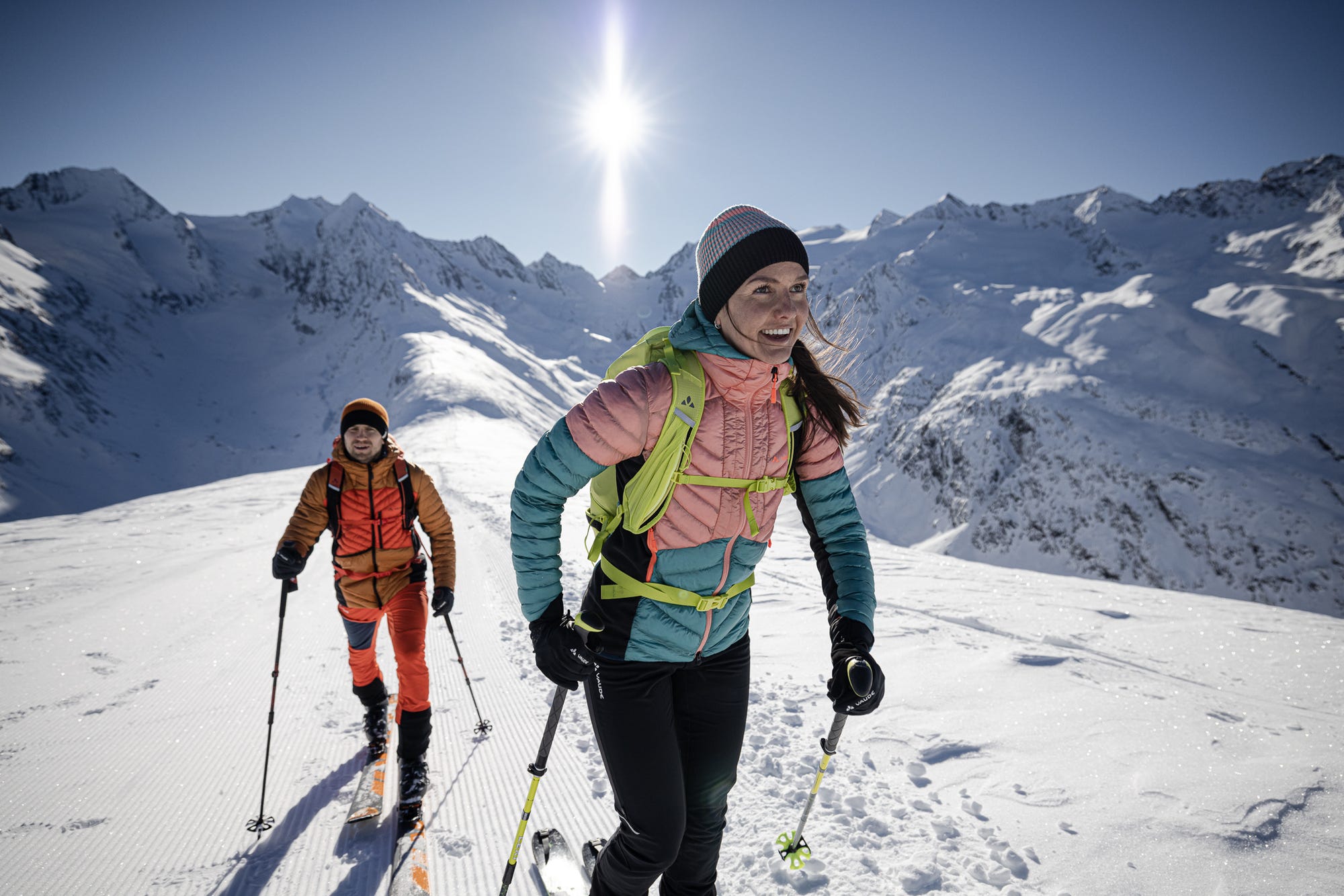Our athlete Ana Zirner tries to make her life and sport as sustainable as possible.
How do you lead a "sustainable" life? Ana Zirner has asked herself this question, as have many other people, and has found for herself, "Since I have made the mountains my center of life, I become more aware every day of how important nature is for our survival. Actually, that goes without saying."
Here, Ana tells us what it all means to her.
However, when it comes to putting this actually self-evident fact into practice, things quickly get complicated. Many people have an increasing need to be "sustainable." A sustainable lifestyle has become something of a trend. Not only environmental protection organizations and the so-called organic industry advocate sustainability, but also tourism experts and many companies - like VAUDE - want to act sustainably. Previously the preserve of the "ecos," this has fortunately long been socially accepted without much thought being given to what sustainability actually means.
«A principle according to which no more may be consumed than can be regrown, regenerated, or provided again in the future.»
That's how the Duden defines "sustainability," describing one of the oldest and most natural processes on our planet. I enjoy deriving my lifestyle from this. I find it valuable to become aware again that ecological values are intertwined with ethical and aesthetic values and behaviors. For me it is not about behaving as politically correct as possible.
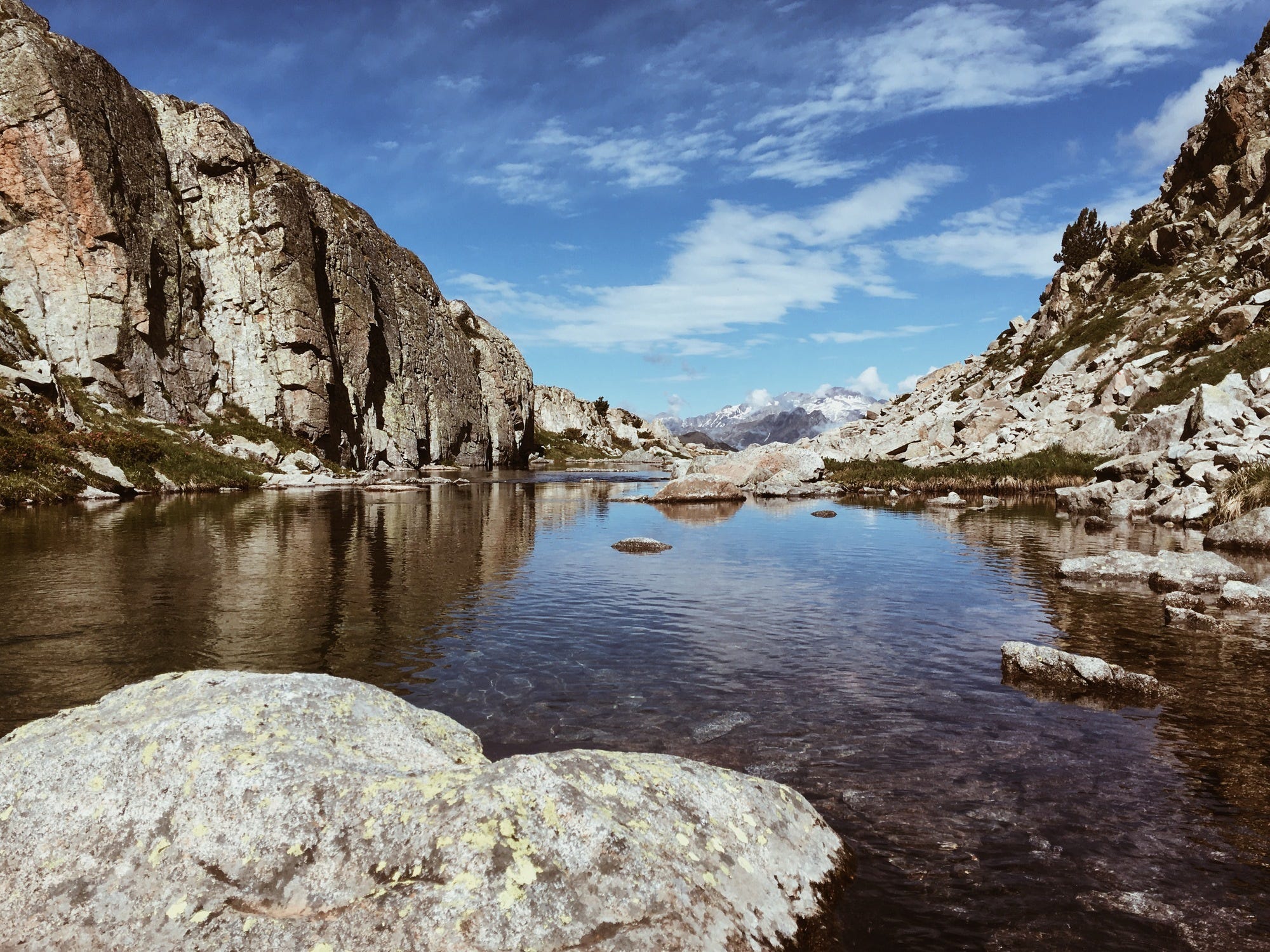

The motivation for my behavior lies in the fact that I want to preserve what I love most - our wonderful nature, with its breathtaking diversity breathtaking diversity.
I am already aware that for "saving the planet" it is not enough for individuals to consistently behave responsibly towards the environment. But I am convinced that we can set an impulse with our consumption behavior, for example, which will become stronger and more effective the more people participate in it.
Instead of talking about losing freedoms or being asked to do without, as terms like "flight shame" suggest, I would like to argue for a positively motivated, less dogmatic approach to environmental and climate protection. After all, it is about the beautiful and important task of preserving our own lives and our future as worth living.
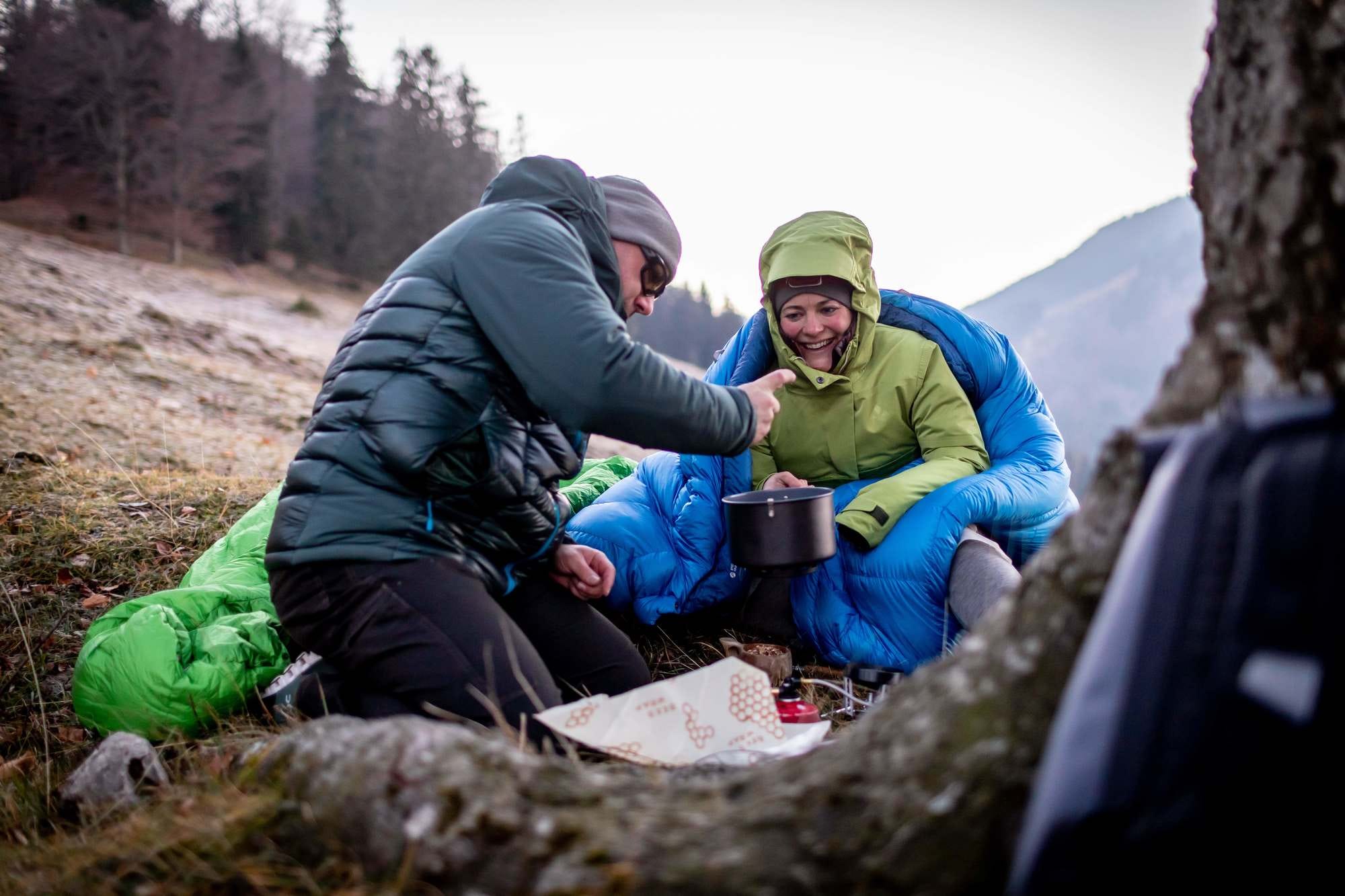

Doing without means gaining in quality of life
I myself hardly feel any loss in my more sustainable life. On the contrary! Since I've been living more sustainably, my quality of life has steadily increased. Some practical changes weren't easy at first, as the force of habit, laziness and convenience got in the way. Fortunately, however, once new habits are established, they take hold as well.
Increasingly, I am rediscovering my relationship with things and people. When I buy a loose apple instead of the six-pack stuck in plastic, the value, and ultimately the taste, of that apple becomes clearer again. When I repair a pair of pants instead of throwing them away, they regain quality for me. When I protect my personal resources by giving myself a break, I become happier and calmer. But if nothing else, it's now that I can appreciate more an item I buy new because I really need it, knowing exactly why I bought it. My life is increasingly getting rid of the stuff that is lying around uselessly. Trial packs are used up, clothes are cleaned out and passed on, I reject giveaways and avoid new purchases where possible. Everything is already available in abundance, and most everyday items are also available second-hand.
Reduce waste when shopping - with unpackaged food and water from the tap
Today, a respectful relationship with our food also includes conscious shopping for me. I now pay more attention to quality than quantity. Of course, the objection is valid that you have to be able to afford it, since organic is generally more expensive. However, I've found that I don't spend much more money, I just put more time into planning my food because I think more carefully about what I really need. So I buy less, recycle everything, and throw away virtually no food.
Shopping at package-free supermarkets, markets, or farmers directly is helpful here because I can buy small quantities. It also helps me avoid massive amounts of disposable and plastic packaging, which is still very common in most supermarkets. Dairy products often come in a deposit jar, and I pack fruits and vegetables in small cloth bags. If you don't have those, you can just keep the paper bags from bread and reuse them. At the fresh produce counter, you can have produce packed in containers you bring with you. By buying local fresh produce and seasonal products, I avoid long hauls.
And also: Drink more tap water!
And also: Drink more tap water! Actually, it should be clear to all of us by now that there is no reason at all to buy bottled water. No matter if it is made of glass or plastic. The water from the tap is perfect in our latitudes and the one-time investment in a drinking water bubbler is worth it if you want fizz. I also feel healthier since I've been drinking water almost exclusively.
«Earth that brought us this, sun that made it ripe: dear sun, dear earth, yours I will never forget.»
To really become aware of how many small and large miracles are in the processes of nature, it is sometimes worth taking a moment to mindfully pause. I grew up expressing our gratitude to our food before every meal with the words quoted above.
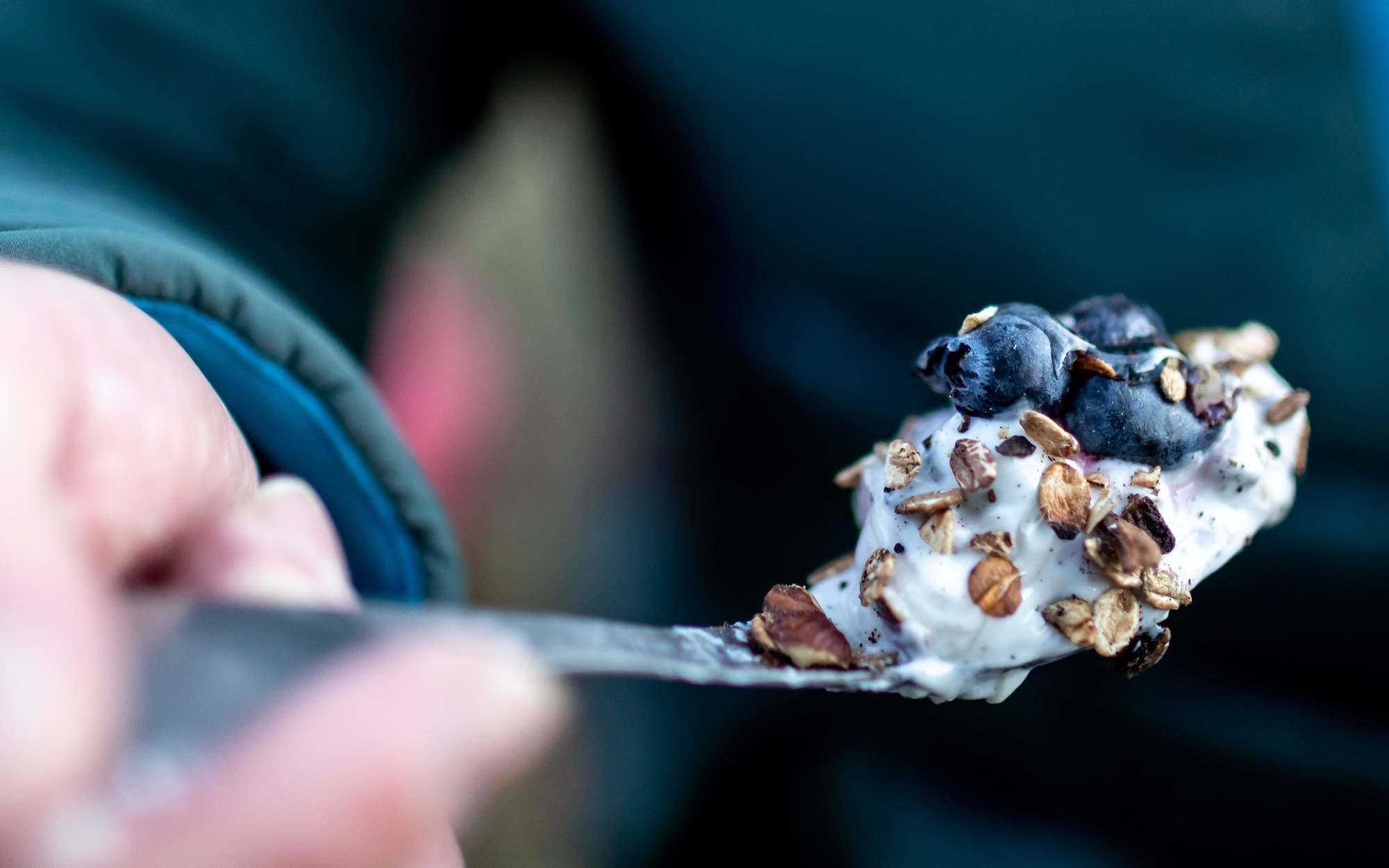

Sustainable tips for cleaning, washing & Personal Care
At home, it took me over a year to use up the cleaning products I had accumulated, and some I still have because I use them so rarely. But I don't buy new ones anymore, I make them myself quite easily. That you need different cleaners for windows, dishes and bathrooms is nonsense. A concentrate (made of: vinegar, citric acid and alcohol) is usually enough because it can be used in different dilutions. It also saves space and plastic. The chemistry in the water is logically also unpleasant and normally superfluous.
I make an exception with the detergent for my clothes, I fill it twice a year in the unpacked store and use it sparingly. Also, wash at low temperatures and not too often. Because often it is quite enough to air a garment or sleeping bag instead of washing it. This also keeps my favorite products longer.
«I've found that I've bought a lot of things unnecessarily and that sometimes less is more.»
Handkerchiefs are another little thing that are unnecessarily packaged in plastic. If you don't like the fine old cloth handkerchiefs, there are always the cardboard dispenser boxes, which now have no plastic content at all. You can also just put a few of these in a bag and take them with you.
I guess I'm not the only one who has accumulated cosmetic products at home over time. Mostly it comes to it, because one on the way, besides or for lack of shopping list or correct packing on the way something buys, which one does not really need. In addition, I had noticed that I also let myself be carried away by advertising or offers to spontaneous purchases. Since I realized this, I've become pretty immune to it and my bathroom looks neater and nicer.
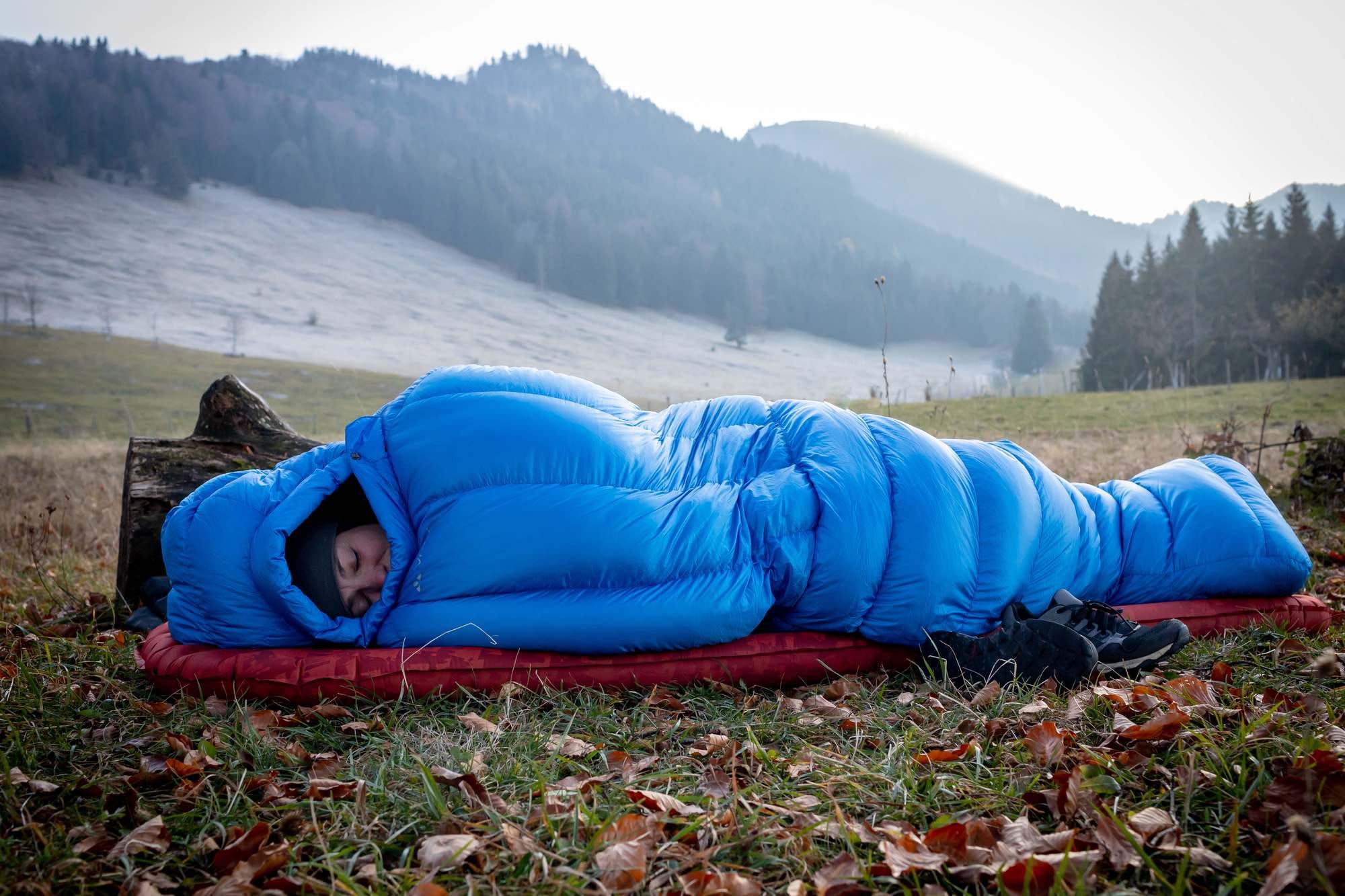

Utopia or reality? It's up to us In our hands.
Olga Tocaruczuk, who received the Nobel Prize for Literature in 2018, called in her speech for a "fourth" perspective, in which the whole world is described as interconnected, in which the connections of actions and decisions in the "here and now" become visible with their effects in the "there and then". From this, then, the responsibility for EVERYTHING across space and time also becomes self-evident. She said:
«Tenderness is the deeply felt concern for another being and its lack of immunity to suffering and the effects of time. Tenderness perceives the bonds that link us, the similarities and sameness between us. It is a way of seeing that shows the world as alive, living, interconnected, cooperating, and dependent.»
More from Ana Zirner:
Ana Zirner is an author, mountaineer and mountain guide. On her website you can find more information about Ana, her projects and also the program of her guided tours (in german). In addition, she has also compiled there many valuable tips around sustainable tour planning (in german). The photos in her guest post are by Anne Kaiser.
For further reading: In her books ALPENSOLO (2018) and RIVERTIME (2020) Ana reports on her solo expeditions (in german).



